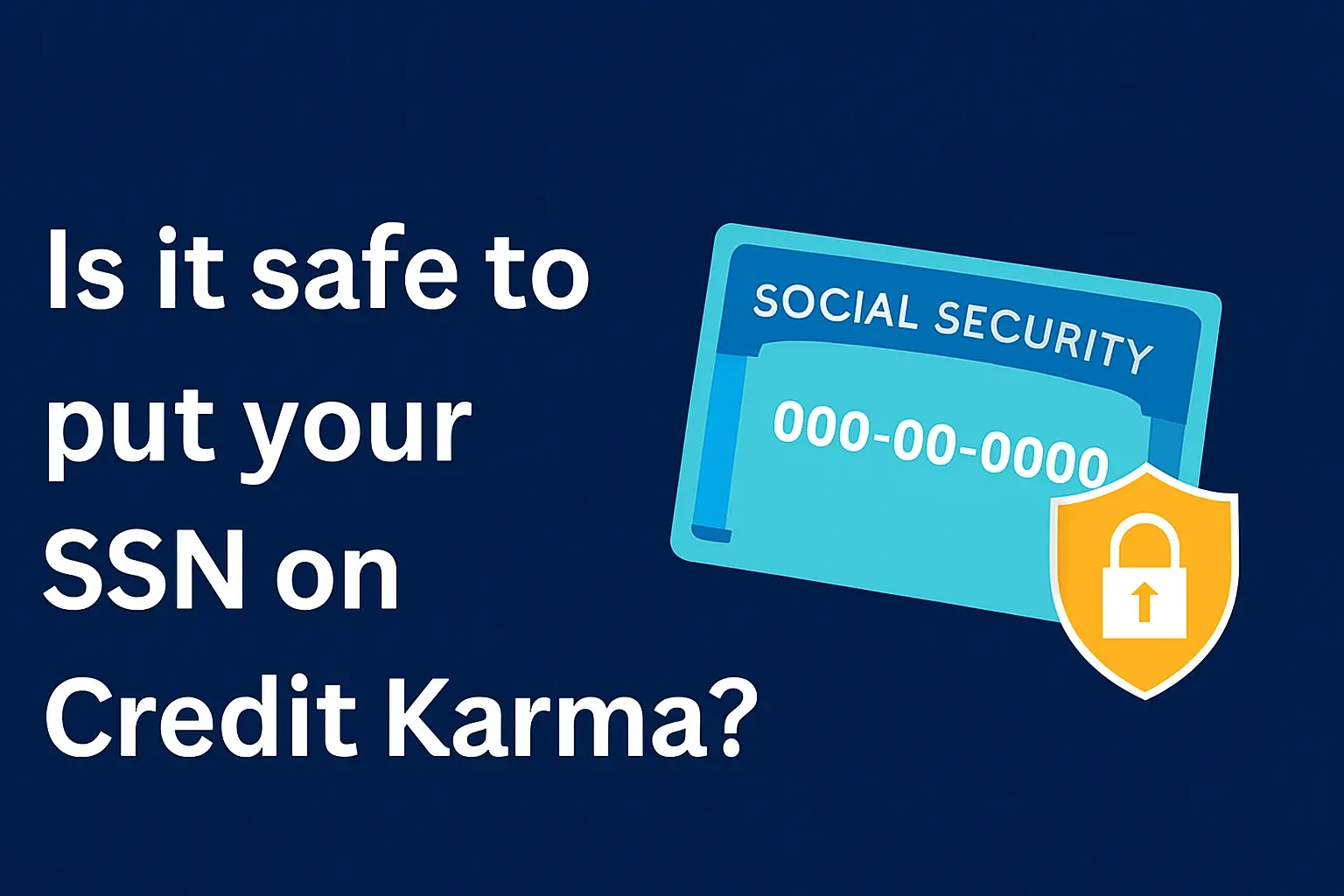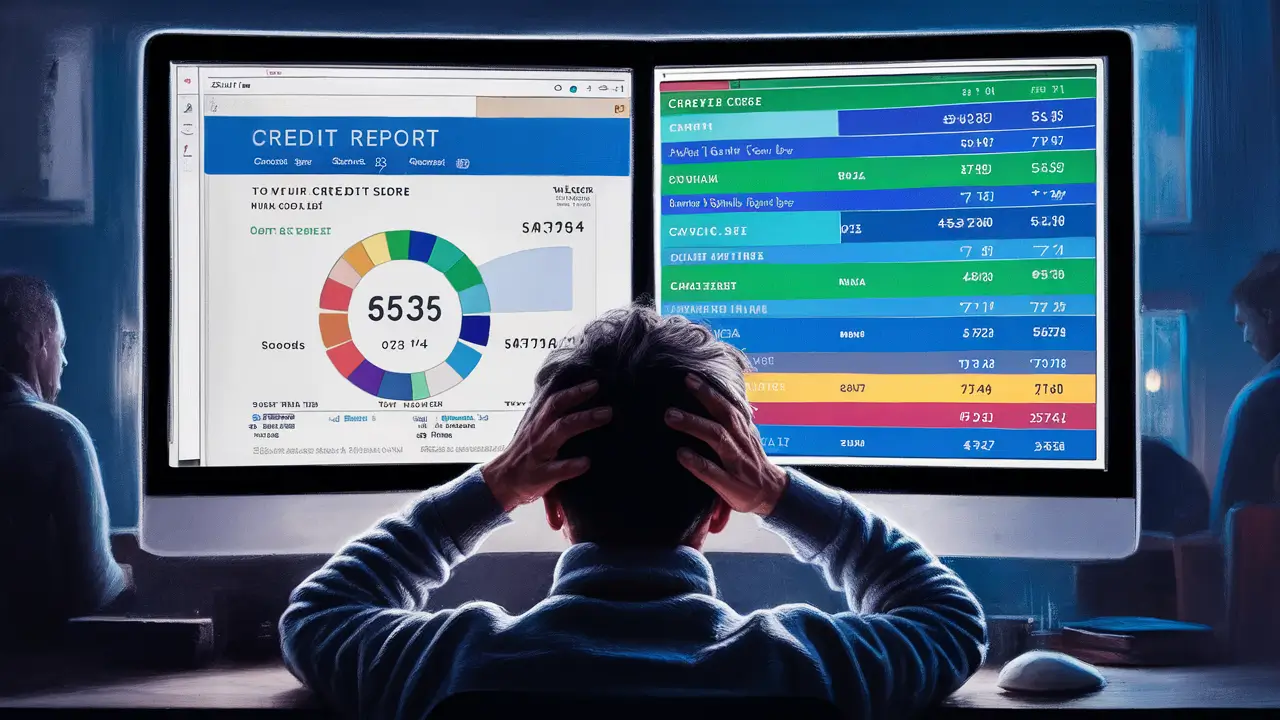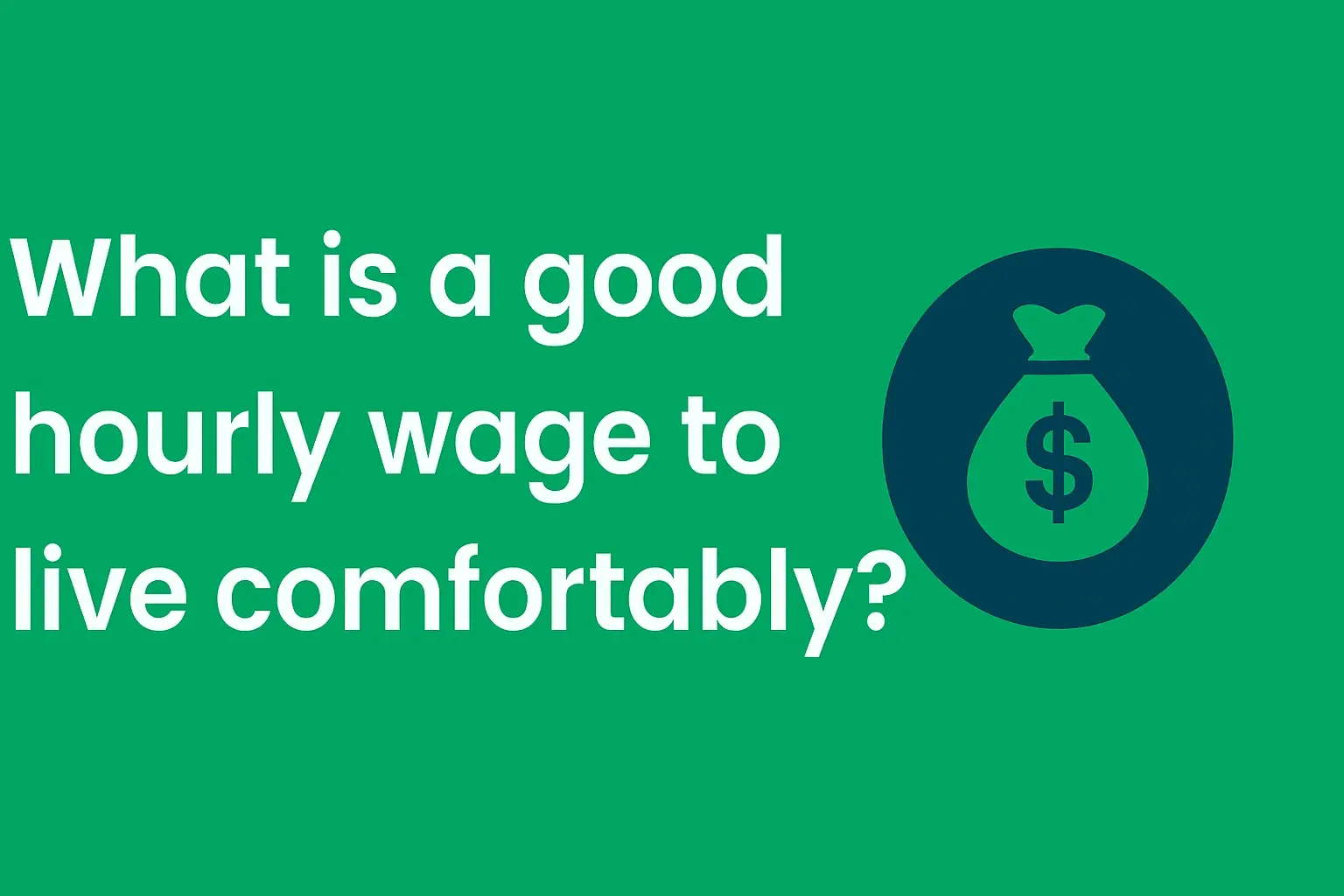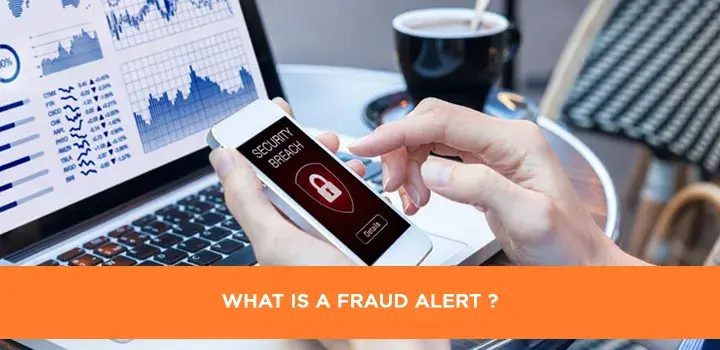-
Posted on: 31 Jul 2024
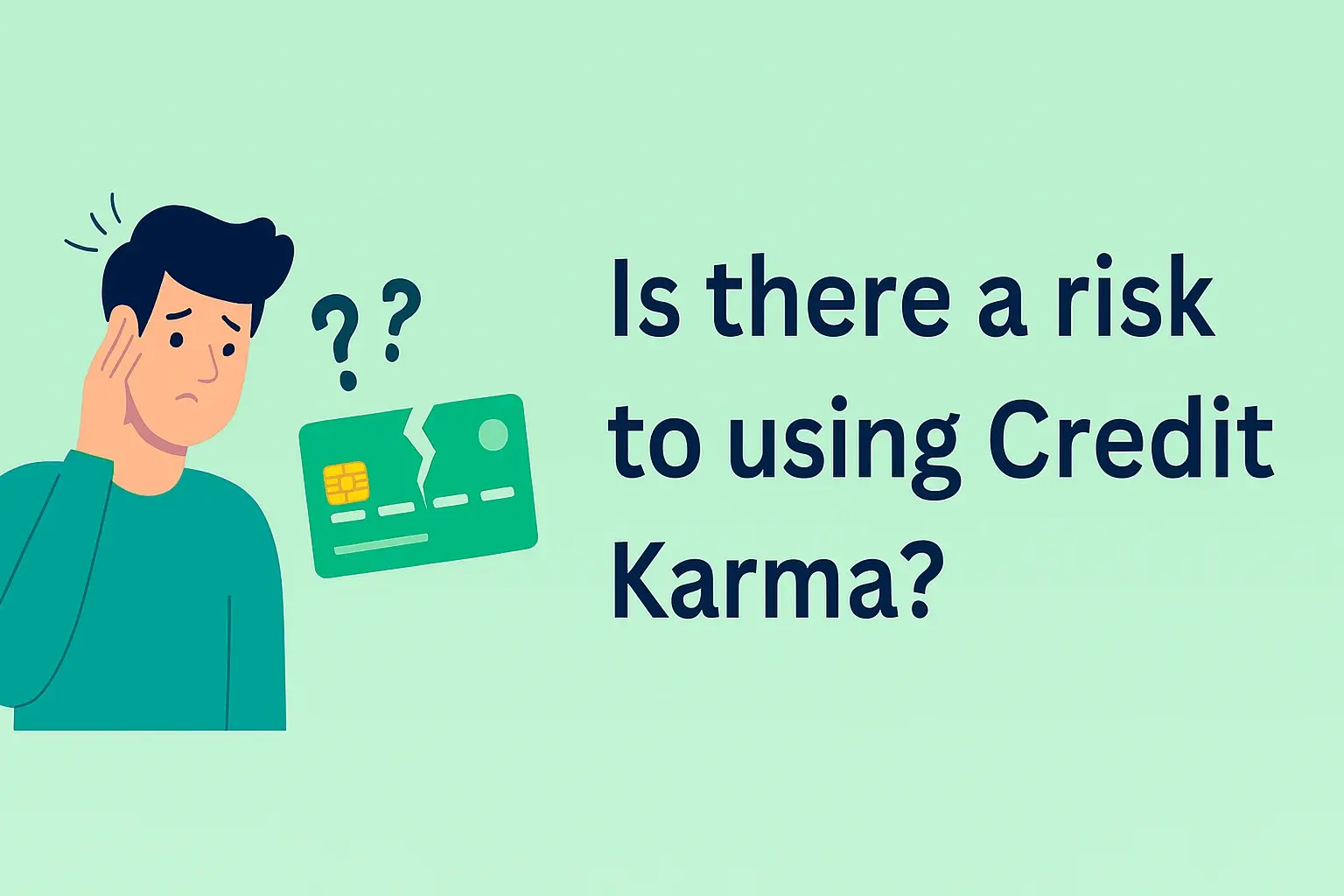
-
Credit Karma offers a compelling proposition: free access to your credit scores and reports. However, many users wonder, "Is there a risk to using Credit Karma?" This comprehensive guide dives deep into potential concerns, data security, privacy, and the overall value proposition to help you make an informed decision about this popular financial tool.
Understanding Credit Karma: What It Is and How It Works
Credit Karma, now part of Intuit, has become a household name for consumers seeking to monitor their credit health without paying subscription fees. Launched in 2007, the platform provides users with free access to their credit scores and reports from major credit bureaus, primarily TransUnion and Equifax. This accessibility is a significant draw, empowering individuals to understand their financial standing and identify areas for improvement.
The Core Offering: Free Credit Scores and Reports
At its heart, Credit Karma's service revolves around providing free, regularly updated credit scores and detailed credit reports. Unlike traditional methods where obtaining a full report often incurs a fee or is limited to annual access, Credit Karma offers continuous monitoring. This allows users to track changes in their credit scores, understand the factors influencing them, and spot potential errors or fraudulent activity promptly. The scores provided are typically VantageScore 3.0 or 4.0, a widely used scoring model, though it's crucial to note that lenders may use different models (like FICO) which can result in slight score variations.
How Credit Karma Generates Revenue
The question of "free" often leads to inquiries about how companies like Credit Karma sustain themselves. Their business model is primarily based on a "freemium" approach, generating revenue through partnerships and targeted product recommendations. When you use Credit Karma, you'll often see offers for credit cards, loans, insurance, and other financial products. These recommendations are personalized based on your credit profile and financial habits. If you choose to apply for and are approved for one of these products through Credit Karma's referral, the company receives a commission from the financial institution.
This revenue generation strategy is a key point of discussion when evaluating potential risks. While the recommendations can sometimes be beneficial, leading users to products that align with their needs and creditworthiness, it also means Credit Karma has a vested interest in encouraging users to engage with these offers.
Data Aggregation and Analysis
To provide personalized insights and recommendations, Credit Karma aggregates data from various sources. This includes information from the credit bureaus (TransUnion and Equifax), as well as data you provide directly. They analyze this information to identify patterns, predict your likelihood of approval for certain financial products, and offer advice on how to improve your credit score. This data-driven approach is central to their service, but it also raises questions about how this data is stored, protected, and used.
User Experience and Interface
Credit Karma is designed to be user-friendly, with an intuitive interface that makes navigating credit information relatively simple, even for those new to credit management. The dashboard typically displays your credit scores prominently, along with a breakdown of factors affecting them, such as payment history, credit utilization, length of credit history, credit mix, and new credit. This visual representation helps users understand complex credit concepts more easily.
The "Why" Behind the Free Service
From a strategic perspective, Credit Karma's free model serves several purposes:
- Customer Acquisition: Offering a valuable service for free attracts a massive user base.
- Data Collection: A large user base provides extensive data for analysis and product development.
- Lead Generation: The platform acts as a powerful lead generator for financial partners.
- Brand Building: Establishing trust and authority in the credit management space.
Potential Risks: Data Security and Privacy Concerns
The primary concern for any user of an online financial service is the security of their personal and financial data. When asking, "Is there a risk to using Credit Karma?", data security and privacy are at the forefront of most users' minds. Credit Karma handles sensitive information, including Social Security numbers, addresses, employment details, and credit account information. Therefore, understanding their security measures and potential vulnerabilities is paramount.
Data Breaches and Unauthorized Access
Like any online platform, Credit Karma is not immune to the threat of data breaches. While the company invests in security measures, cyberattacks are sophisticated and constantly evolving. A successful breach could expose users' sensitive personal information to malicious actors. This could lead to identity theft, financial fraud, or other forms of harm.
In 2020, Credit Karma experienced a data breach that exposed the personal information of approximately 15 million U.S. customers. While the company stated that Social Security numbers and bank account information were not compromised, names, email addresses, postal addresses, dates of birth, and user passwords were accessed. This incident highlighted the ongoing risks associated with storing vast amounts of personal data online. While Credit Karma has since implemented enhanced security protocols, the possibility of future breaches remains a concern for all online services.
Privacy Policy and Data Usage
Credit Karma's privacy policy outlines how they collect, use, and share user data. While they state that they do not sell personally identifiable information to third parties, they do share aggregated and anonymized data for marketing and analytical purposes. Furthermore, as mentioned earlier, they use your data to offer personalized product recommendations.
The risk here lies in the interpretation and scope of "sharing." While direct sale of PII might be prohibited, the extensive data analysis and sharing for targeted advertising could be perceived as an invasion of privacy by some users. The data collected can paint a very detailed picture of an individual's financial life, and how this information is utilized, even if anonymized, can feel intrusive.
Key points regarding data usage:
- Personalization: Your data is used to tailor product offers.
- Marketing: Information may be used for marketing Credit Karma's own services or those of partners.
- Analytics: Aggregated data helps Credit Karma understand user behavior and improve services.
- Third-Party Partnerships: Commissions are earned when users sign up for recommended products.
Accuracy of Credit Information
While not a direct security risk, the accuracy of the credit information provided by Credit Karma is a crucial aspect of its reliability. Errors in credit reports can lead to incorrect credit scores, which can, in turn, affect loan approvals and interest rates. Although Credit Karma pulls data from major bureaus, discrepancies can occur.
If Credit Karma displays inaccurate information, it's the user's responsibility to identify and dispute these errors with the relevant credit bureau. While Credit Karma provides tools to help with this process, the initial reliance on potentially flawed data can be a risk. For instance, an incorrect late payment entry could artificially lower your score, impacting your ability to secure a favorable mortgage rate.
Phishing and Social Engineering Scams
The popularity of Credit Karma makes it a target for phishing scams. Scammers may impersonate Credit Karma through fake emails or text messages, attempting to trick users into revealing their login credentials or other sensitive information. These scams often mimic legitimate communications, making them difficult to distinguish.
A typical phishing attempt might involve an email claiming your account has been compromised and asking you to click a link to verify your identity. This link, however, leads to a fake login page designed to steal your credentials. Users must be vigilant and always verify the authenticity of communications before sharing any personal information.
Third-Party Integrations and Permissions
Credit Karma integrates with various financial services and may request permissions to access certain data from linked accounts. While these integrations are often designed to enhance the user experience, they also represent potential points of vulnerability. Granting broad permissions to third-party apps, even those linked through Credit Karma, can increase the risk of data exposure if those apps have weaker security protocols.
The "Soft Pull" vs. "Hard Pull" Distinction
A common point of confusion and sometimes a perceived risk is the type of credit inquiry Credit Karma performs. Credit Karma uses "soft pulls" (also known as soft inquiries) to access your credit information. Soft pulls are used for promotional offers, background checks, and credit monitoring. Crucially, they do not affect your credit score. This is a significant advantage over "hard pulls," which occur when you apply for new credit and can slightly lower your score.
Therefore, the act of checking your credit through Credit Karma itself poses no direct risk to your credit score. The risks are primarily associated with data security, privacy, and the accuracy of the information presented.
Credit Karma vs. Competitors: A Comparative Risk Analysis
To fully understand the risks associated with Credit Karma, it's helpful to compare it with other popular credit monitoring services. Many platforms offer similar features, but their business models, security practices, and data privacy policies can differ significantly.
Credit Monitoring Services: A Snapshot
Here's a look at how Credit Karma stacks up against some common alternatives:
Feature/Service Credit Karma Credit Sesame Experian (Free Service) MyFICO Cost Free Free Free (basic score/report) Paid subscriptions (various tiers) Credit Score Model VantageScore 3.0/4.0 VantageScore 3.0 VantageScore 3.0 FICO Scores (multiple versions) Credit Report Access Summary/Key Factors Summary/Key Factors Limited/Summary Full Reports (depending on plan) Revenue Model Partnerships, Product Recommendations Partnerships, Product Recommendations Partnerships, Product Recommendations, Upselling Subscription Fees, Credit Monitoring Services Data Security Focus Industry standard encryption, multi-factor authentication Industry standard encryption, multi-factor authentication Robust security from a major credit bureau High-level security for premium services Potential Risks Data breach, privacy concerns from data usage for recommendations, accuracy of VantageScore Similar to Credit Karma: data breach, privacy concerns, accuracy of VantageScore Data breach, privacy concerns, limited free offering may push upsells Cost is a barrier, potential for overspending on features not needed Credit Sesame: A Close Relative
Credit Sesame operates on a very similar model to Credit Karma. It also offers free credit scores and reports, primarily using VantageScore. Its revenue comes from partnerships and product recommendations. The risks are therefore largely analogous: potential data breaches, privacy considerations related to data usage for marketing, and reliance on VantageScore accuracy. The key difference might lie in the specific partners and the user interface, but the fundamental risk profile is quite similar.
Experian's Free Offering: The Bureau Perspective
Experian, one of the three major credit bureaus, also offers a free service that provides access to a credit score and report. Because it's directly from a bureau, the score model might be more familiar to some lenders, and the data is directly from the source. However, the free offering is often more limited than paid services or platforms like Credit Karma. The risks here are similar to Credit Karma in terms of data security and privacy. Experian also has a strong incentive to upsell users to their paid credit monitoring services, which could be seen as a form of aggressive marketing.
MyFICO: The Premium Choice
MyFICO is the official service from FICO, the company that developed the most widely used credit scoring model. It offers access to actual FICO scores, which are often preferred by lenders. However, MyFICO is a subscription-based service, meaning the primary "risk" for users is the cost. For those who only need basic credit monitoring, the expense might not be justified. In terms of data security, MyFICO generally adheres to high standards due to its direct association with FICO and the premium nature of its services. The risk of data misuse for marketing is lower as their revenue is primarily from subscriptions, not third-party referrals.
VantageScore vs. FICO: A Score Accuracy Discussion
A significant differentiator and a point of potential risk for users of Credit Karma and Credit Sesame is their reliance on VantageScore. While VantageScore is a legitimate and widely used credit scoring model, FICO scores are still the benchmark for many lenders, particularly for mortgages and auto loans.
Why this matters:
- Lender Preference: If a lender uses FICO, your score on Credit Karma might not reflect the score they see.
- Decision Making: Basing financial decisions solely on a VantageScore could lead to miscalculations about your borrowing power or eligibility.
- Score Discrepancies: While often similar, VantageScore and FICO scores can differ, sometimes significantly, depending on your credit profile.
The "Upsell" Risk Across Platforms
One of the overarching risks across most free credit monitoring services, including Credit Karma, is the pressure to accept product recommendations. While these recommendations can sometimes be beneficial, they can also lead users to:
- Take on unnecessary debt: Applying for credit cards or loans they don't need.
- Accept unfavorable terms: If the recommendation isn't perfectly aligned with their needs.
- Overspend on services: Signing up for credit monitoring or identity theft protection that duplicates existing coverage or is more expensive than alternatives.
Mitigating Risks: Best Practices for Using Credit Karma Safely
While potential risks exist, they can be significantly minimized by adopting smart practices. Understanding how to use Credit Karma safely ensures you can leverage its benefits without exposing yourself to undue harm.
1. Secure Your Account
The first line of defense is your account security.
- Strong, Unique Passwords: Never reuse passwords from other websites. Use a combination of uppercase and lowercase letters, numbers, and symbols. Consider using a password manager to generate and store complex passwords securely.
- Enable Two-Factor Authentication (2FA): If Credit Karma offers 2FA (often via SMS or an authenticator app), enable it immediately. This adds an extra layer of security, requiring a code from your phone in addition to your password to log in.
- Be Wary of Phishing: Always scrutinize emails and messages claiming to be from Credit Karma. Never click on links or download attachments from suspicious sources. If in doubt, go directly to the Credit Karma website by typing the URL into your browser, rather than clicking a link in an email.
2. Understand and Review the Privacy Policy
Don't just accept the terms and conditions blindly.
- Read the Privacy Policy: Take the time to understand what data Credit Karma collects, how it's used, and with whom it might be shared (even in aggregated or anonymized forms).
- Manage Data Sharing Preferences: Explore your account settings for any options to limit data sharing or opt-out of certain types of personalized offers. While options may be limited, it's worth checking.
3. Verify Information and Dispute Errors Promptly
Treat the information on Credit Karma as a starting point, not the absolute truth.
- Cross-Reference Scores: Understand that your Credit Karma score (VantageScore) may differ from your FICO score. If you're applying for a loan, check your FICO score through your lender or a service that provides it.
- Review Credit Reports Regularly: Credit Karma provides access to credit reports from TransUnion and Equifax. Scrutinize these reports for any inaccuracies, such as incorrect personal information, accounts you don't recognize, or erroneous late payments.
- Dispute Errors Directly: If you find an error, use Credit Karma's tools to help initiate a dispute, but also be prepared to contact the credit bureau (TransUnion or Equifax) directly to ensure the error is corrected across your entire credit file.
4. Be Skeptical of Product Recommendations
Remember Credit Karma's revenue model.
- Do Your Own Research: When Credit Karma recommends a credit card, loan, or insurance policy, don't accept it at face value. Research the product independently. Compare offers from multiple providers to ensure you're getting the best terms and rates for your specific needs.
- Assess Your Actual Needs: Only apply for products you genuinely need and can manage responsibly. Don't be swayed by the promise of a quick approval or a small reward if it means taking on debt you can't handle.
- Understand the "Soft Pull" vs. "Hard Pull": While checking your score on Credit Karma is a soft pull and doesn't hurt your credit, applying for a recommended product will likely result in a hard pull, which can temporarily lower your score.
5. Limit Personal Information Shared
Be judicious about the information you volunteer.
- Don't Over-Share: Provide only the necessary information required to use the service. Avoid linking more financial accounts than you feel comfortable with, unless it significantly enhances the service's value for you.
- Review Connected Accounts: Periodically review any third-party apps or services you've linked to your Credit Karma account and revoke access for any you no longer use or trust.
6. Stay Informed About Security Updates
Keep abreast of any security advisories or updates from Credit Karma.
- Follow Official Channels: Rely on Credit Karma's official website and communications for information regarding security incidents or changes to their policies.
- Monitor Your Accounts: Even with Credit Karma's monitoring, continue to monitor your bank accounts, credit card statements, and other financial accounts for any suspicious activity.
7. Consider Alternatives or Supplements
For some users, Credit Karma might be a starting point, but not the complete solution.
- Supplement with FICO: If your primary goal is to understand the score lenders use, consider using a service that provides FICO scores, especially if you are planning a major financial transaction like buying a home.
- Use Multiple Free Services: You can use multiple free services (like Credit Karma, Credit Sesame, and Experian's free offering) to get different perspectives on your credit, but always apply the same security and diligence practices to each.
By implementing these best practices, users can significantly reduce the potential risks associated with using Credit Karma, allowing them to benefit from its free credit monitoring features more securely and confidently.
Is Credit Karma Worth the Risk? Final Considerations
The question "Is there a risk to using Credit Karma?" doesn't have a simple yes or no answer. Like most online financial services, it presents a trade-off between convenience, accessibility, and potential risks. The value proposition of free, continuous access to credit scores and reports is undeniable, empowering millions of Americans to take a more active role in managing their financial health.
Weighing the Benefits Against the Risks
Benefits:
- Free Access: The most significant advantage is the cost-free nature of the service, making credit monitoring accessible to everyone.
- Convenience: Easy-to-use interface and regular updates provide ongoing insights into credit standing.
- Educational Tools: Credit Karma offers resources and explanations to help users understand credit factors.
- Early Detection: Helps in spotting errors or potential identity theft issues sooner.
- Data Security: Vulnerability to data breaches and unauthorized access.
- Privacy Concerns: Data usage for personalized marketing and product recommendations.
- Score Discrepancies: Reliance on VantageScore, which may differ from FICO scores used by lenders.
- Upsell Pressure: Recommendations for financial products that may not always be in the user's best interest.
Who Should Use Credit Karma?
Credit Karma is likely a valuable tool for:
- Individuals new to credit management: It provides an accessible entry point to understanding credit.
- Those seeking to monitor credit regularly: The free, continuous access is ideal for tracking progress.
- Budget-conscious consumers: It offers essential credit insights without a subscription fee.
- Users who are vigilant about online security and privacy: Those who understand and implement the mitigation strategies discussed.
Who Might Be More Cautious?
Users who are:
- Highly sensitive to privacy: Those uncomfortable with their data being used for marketing purposes, even if anonymized.
- Needing precise FICO scores for major applications: Individuals applying for mortgages or auto loans might need a service that provides FICO scores.
- Less tech-savvy or prone to phishing: Those who may struggle with maintaining strong online security practices.
The Bottom Line: Informed Usage is Key
Ultimately, the risk associated with using Credit Karma is largely manageable through informed usage and proactive security measures. The platform itself has implemented security protocols, and the risks are often inherent to any online service that handles personal data. The key is to be an educated consumer. Understand how Credit Karma makes money, be aware of the data you are sharing, and always exercise critical judgment regarding product recommendations.
For most consumers, the benefits of free credit monitoring and score tracking offered by Credit Karma outweigh the manageable risks, provided they adopt the recommended security practices. It's a powerful tool for financial empowerment when used wisely and cautiously.

